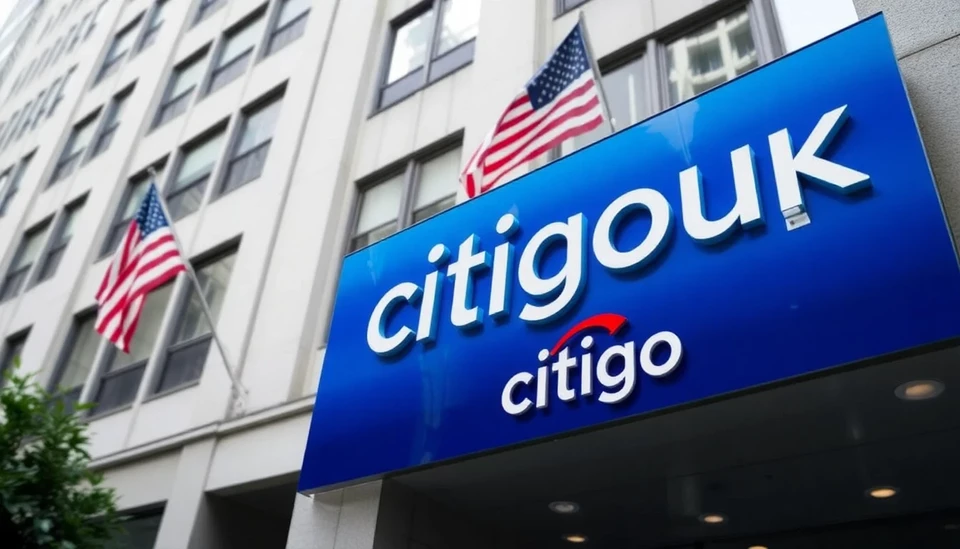
As the landscape of retirement savings evolves, Generation X finds itself at a crossroads, trailing behind Baby Boomers and Millennials in 401(k) contributions and savings. This demographic, which includes individuals currently in their 40s and 50s, appears unequipped for the financial demands of retirement, raising pressing questions about future security.
According to several financial studies, Gen X is investing significantly less in their employer-sponsored retirement plans compared to the older Baby Boomers and the younger Millennials. This trend highlights a troubling trajectory that could leave many in this generation struggling to maintain their standard of living in retirement.
One of the primary concerns is the insufficient amount being contributed to 401(k) plans. Factors include stagnant wages, a rising cost of living, and unexpected financial burdens such as student loan debt, which Millennials face but many Gen Xers have also dealt with for their children. Many members of Generation X are caught in a financial bind, as they often find themselves supporting both aging parents and adult children, leading to a significant drain on their finances.
Financial experts emphasize that this lack of savings is particularly alarming given that Gen X will soon be approaching retirement age. Data indicates that a startling number of Gen Xers have little to no retirement savings, with many showing a savings balance far below recommended guidelines. For instance, research reveals that the average balance in a 401(k) for Gen Xers is approximately half that of Baby Boomers at the same age, which places them at a significant disadvantage.
Moreover, the ongoing economic pressures, including inflation and increased living expenses, mean that those able to save are often doing so at a slower rate, further complicating their retirement planning. It suggests that either they are unable to save due to immediate financial obligations or they are not prioritizing retirement savings in the face of other pressing financial needs.
The gap in savings runs deeper than just individual financial choices; it also reflects broader systemic issues. With past economic crashes and the impact of the 2008 financial crisis, many Gen Xers had already faced significant hurdles in their savings and investment strategies. The resulting financial instability led to a pervasive lack of confidence in long-term financial planning.
In facing these challenges, members of Gen X are encouraged to assess their financial health and consider adjustments in their savings habits as they move closer to retirement. Seeking professional financial advice, increasing contributions to retirement accounts, and exploring different investment options are steps that can help bridge the looming savings gap.
As the spotlight turns towards discussions about retirement and financial security, Generation X must confront the realities of their current financial state and take actions that will secure a more stable future. The clock is ticking, and the imperative for better financial management is more pressing than ever.
#RetirementSavings #GenX #FinancialPlanning #401k #SavingsGap #FutureFinance
Author: Laura Mitchell




